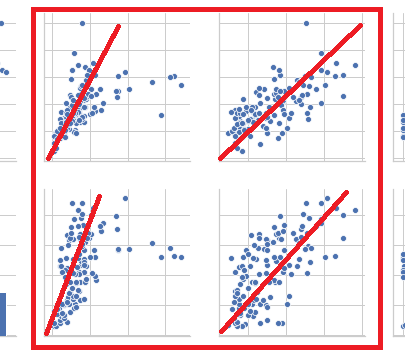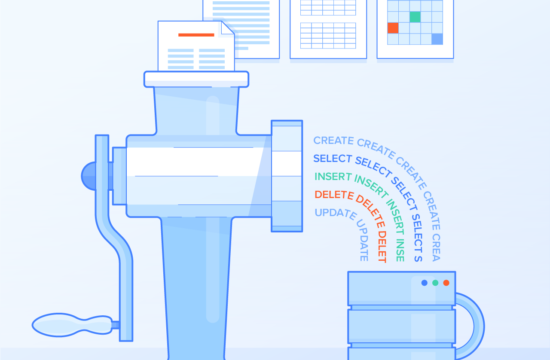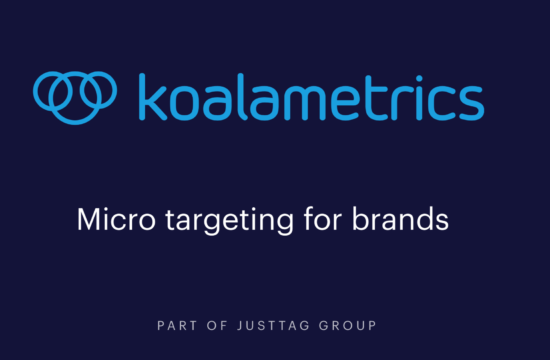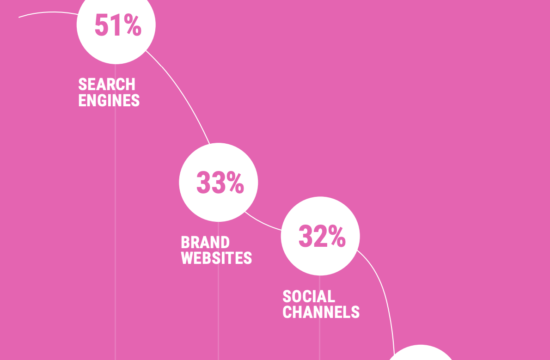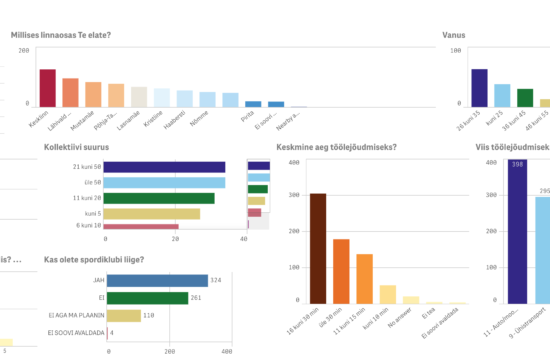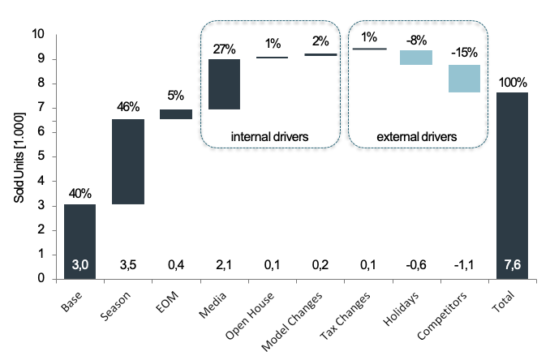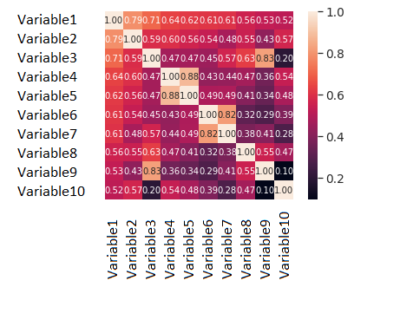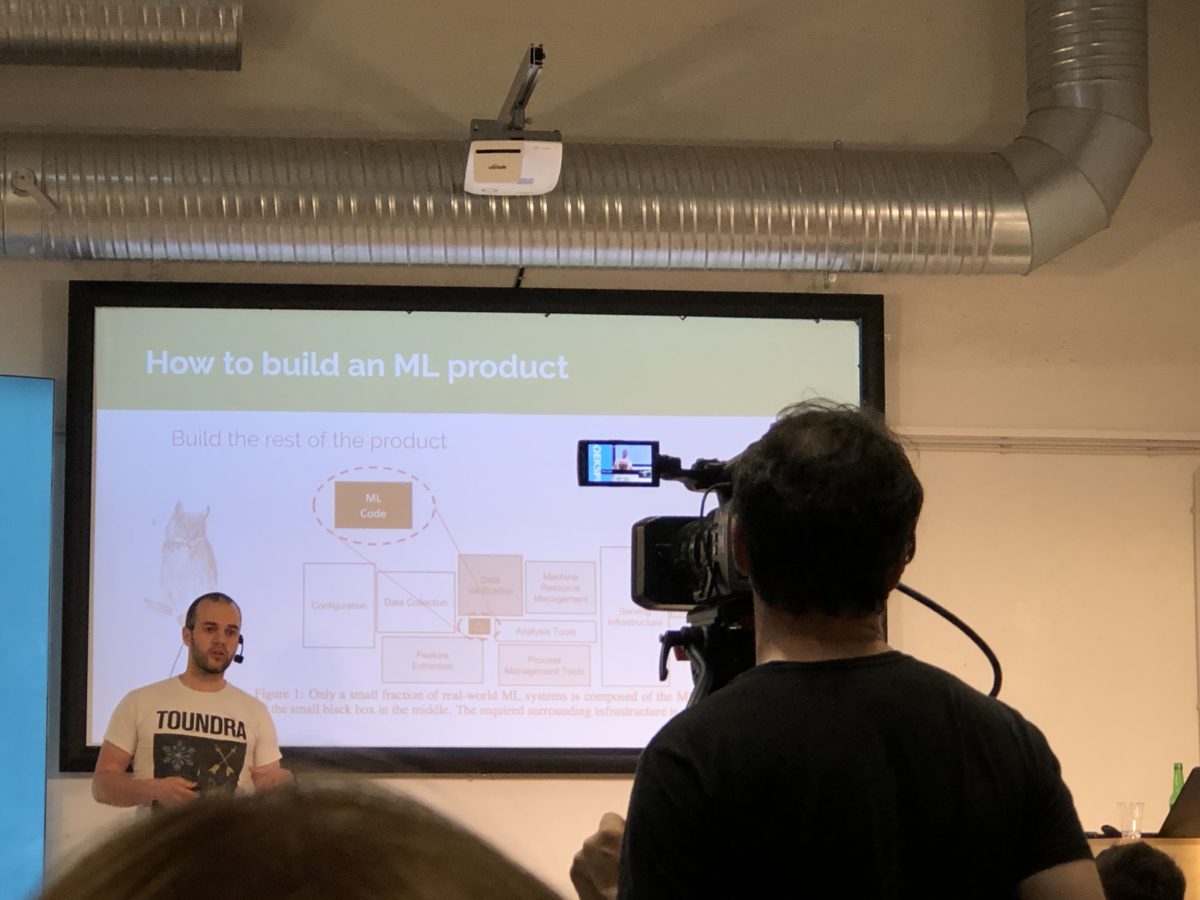TLDR version: “Mindshare Asia ran a test blockchain enabled campaign for a FMCG client with a positive result – 28% increase in viewable impressions”
The use of blockchain as a technology in media has been widely debatedbut with little tests running in market. Now Mindshare has made a promising start to it.
The following will be a short chronic of how they actually got that far.
Back in 2017, Mindshare AMENA (Asia-Middle-East-North-Africa) announced that it has a formed a partnership with Zilliqa, a blockchain protocol, which will see the media agency use the platform to address advertising in relation to fake news, develop strategic initiatives around data privacy and develop an industry-wide tokenisation program.
Then in September 2018, Mindshare announced its first prototype for its blockchain programmatic alliance, signing MediaMath, Integral Ad Science and Rubicon Project as partners.
The ‘Project Proton’ prototype has been built using blockchain platform Zilliqa, aims to create a smart contract system built for the programmatic industry, allowing all players in the chain to have transparency over trading.
Now May 2019, Mindshare-driven blockchain programmatic alliance ‘Project Proton’ has launched a test campaign with PepsiCo that has driven an increased 28% efficiency by using smart contracts. The test ran in March 2019 in Asia Pacific and focused on viewable impressions, running one campaign through smart contracts and one without.
PepsiCo worked with Mindshare, which is driving the project alongside other members of Project Proton, including Zilliqa Research, Rubicon Project, MediaMath and Integral Ad Science. The group has been working together for almost a year and while it was optimistic from the start, this is the first test with a major brand to be published and is one of the first of its kind globally.
According to Mindshare, the smart contracts are deployed via Zilliqa’s blockchain and can reconcile impressions from different data sources alongside payments. This is done using a Native Alliance Token (NAT) in almost real-time, which it says is what’s driving the efficiency improvements as compared to the campaign run without smart contracts, as well as total transparency for the brand.
Farida Shakhshir, director of consumer engagement for PepsiCo, AMENA, said: “We are happy to be partnering with Mindshare to test the application and value add of blockchain in media. It is key that we stay abreast of new technologies, and continue to advance transparency, viewability, brand safety and buying efficiency. The results are encouraging, and we plan to run a few more campaigns under different conditions to verify more hypotheses and measure overall impact.”
What is the “Project Proton”?
The ‘Project Proton’ prototype aims to create a smart contract system built for the programmatic industry, allowing all players in the chain to have transparency over trading.
However, the smart contract is only one of five pillars of the project, says Ragothaman, with the first being the use of data itself in the programmatic space. He says the general view is that more than two thirds of the data is sitting elsewhere, because the search, social, CRM and first-party data universe is trying to map the second and third party data.
The second pillar is how the alliance will connect these data together through the concept of ledgering, where everybody will see the same data and not individual versions of their own data.
Once these two pillars have been achieved, the third pillar is how the alliance will make these data talk to each other, which is where cryptography and smart contracts come in. Only when these three things are done, the fourth step sees blockchain coming into effect because there needs to be some kind of a consensus where everyone owns this information and agrees to this smart contract.
Finally, the last pillar is deciding what kind of platforms is being used and how the consensus being built in.
Will clients be sold by the blockchain technology?
Mindshare is keen to stress to its clients that blockchain will not solve the world’s problems entirely, as it is aware that because they are concerned about fraud and the lack of transparency, they think that blockchain is a magical wand that will come and wave their problems away.
According to Ragothaman, the agency’s top 10-15 clients around the world want to know if blockchain will solve their problems. There are also some clients who are very curious about what is going on because they are keen to demystify this entire technology and want the agency to walk them through the concept of data ledger, smart contracts, consensus and platform, so they get to understand the concepts.


